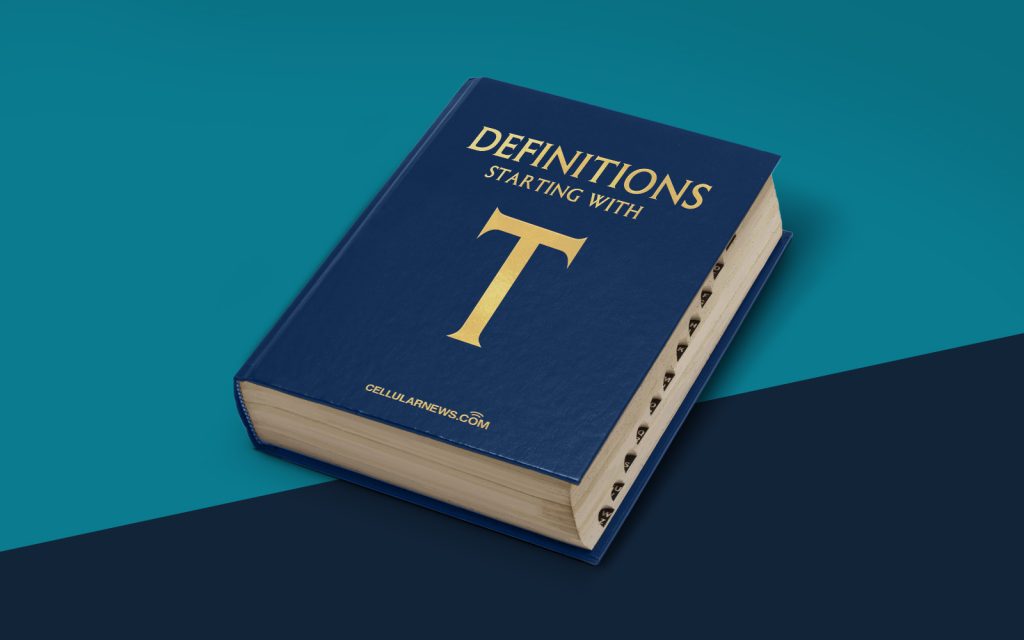
Understanding Tier 2 Data Centers:
Have you ever wondered what a Tier 2 data center is and how it differs from other types of data centers? In this article, we’ll explore the definition and characteristics of a Tier 2 data center, and why it may be a suitable choice for your business needs. Let’s dive in!
Key Takeaways:
- Tier 2 data centers are mid-level facilities that offer a balance between cost and reliability.
- They provide 99.741% uptime and offer some redundancy for power and cooling systems.
What is a Tier 2 Data Center?
A Tier 2 data center is a type of facility that falls between a Tier 1 and Tier 3 data center when it comes to infrastructure and availability. It is considered a mid-level option and offers a balance between cost-effectiveness and reliability. Tier 2 data centers are a popular choice for small to medium-sized businesses that require a cost-effective solution without compromising on stability and availability.
Unlike Tier 1 data centers, which are basic in terms of infrastructure and offer little to no redundancy, Tier 2 data centers provide a higher level of availability and redundancy for power and cooling systems. This means that Tier 2 data centers are less likely to experience downtime or service disruptions. While they may not offer the same level of redundancy and uptime as Tier 3 or Tier 4 data centers, Tier 2 facilities still provide a reasonable level of reliability at a more affordable cost.
Characteristics of a Tier 2 Data Center:
- 99.741% Uptime: Tier 2 data centers guarantee an availability of approximately 99.741%, which translates to a maximum downtime of roughly 22 hours per year. This uptime percentage takes into account both planned and unplanned downtime.
- Redundancy: While Tier 2 data centers do offer some redundancy for power and cooling systems, it is typically not as robust as what you would find in higher-tiered facilities. They often have a single distribution path for power and cooling, which means that maintenance or failure in one component may result in temporary disruptions.
It’s important to note that while Tier 2 data centers provide a higher level of reliability compared to Tier 1 facilities, they are still susceptible to occasional downtime. Therefore, if your business operations heavily rely on continuous availability and minimal downtime, you may want to consider a Tier 3 or Tier 4 data center.
Overall, Tier 2 data centers are ideal for businesses that require a balance between cost-effectiveness and reliability. They offer a reasonable uptime guarantee and some redundancy for power and cooling systems at a more affordable cost compared to Tier 3 and Tier 4 facilities. Understanding your specific business needs and evaluating the level of uptime and redundancy required will help you determine if a Tier 2 data center is the right fit for your organization.
